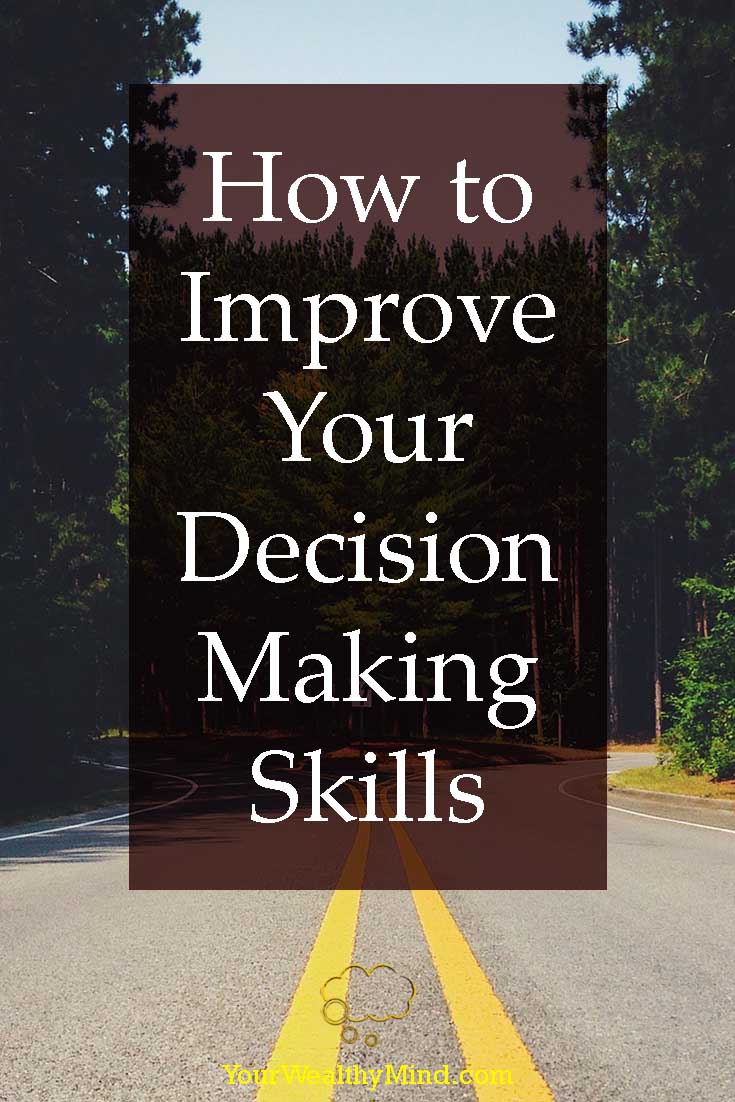In today’s fast-paced environment, the ability to make sound decisions is more critical than ever. Whether it be in business, personal affairs, or during high-pressure situations, the choices we make can greatly impact our future. Yet, numerous people struggle with making decisions, often feeling overwhelmed by the vastness of information at hand or stopped by anxiety of making the incorrect choice. Closing the gap from analysis to decisive decision is essential for success, and improving decision-making skills can result in greater assured and timely outcomes.
Mastering the art of smart decision-making demands comprehending various methods and frameworks that cater to both intuitive and logical approaches. From learning how to make better decisions under pressure to acknowledging the importance of EQ, cultivating these skills can empower individuals to navigate challenges effectively. In this piece, we will explore proven techniques, the science behind effective decisions, and strategies for overcoming frequent pitfalls like mental exhaustion and paralysis by overthinking, all aimed at helping you make choices that align with your goals and values.
Methods for Impactful Decision-Making
Successful decision-making begins with the identification of well-defined goals. To make smart choices, you must recognize what end state you seek. Allocate time to articulate your objectives, as this understanding will guide your thought process. Whether you are weighing personal choices or corporate decisions to make, knowing what you want to accomplish assists you filter out options that are misaligned with your goals.
Then, consider employing decision-making models that provide structure to your evaluations. These frameworks can help visualize options, evaluate their pros and cons, and judge potential outcomes. Techniques like the SWOT model (strengths, weaknesses and challenges, potential gains, risks) can aid in grasping the implications of your decisions. By structuring your thoughts in a structured manner, you improve your ability to make well-considered choices supported by logic rather than feelings.

Finally, remember the importance of emotional intelligence in decision-making. Being mindful of your feelings and understanding how they affect your choices can greatly improve the standard of your choices. Engage in mindfulness to regulate your feelings, especially under pressure. An acute awareness of both your feelings and those of your peers can foster better collaboration in group settings, leading to more solid consensus and ultimately better outcomes.
Insights into Psychology for Improved Decisions
Grasping the science behind decision-making can greatly improve your ability to make effective choices. One crucial insight is the idea of cognitive biases, which are systematic errors in thinking that influence our decision-making. Being cognizant of biases like bias confirmation or anchoring can assist you recognize when your judgment may be clouded. By proactively questioning your preconceptions and seeking diverse perspectives, you can diminish the impact of these biases and make more informed decisions.
EI plays a significant role in how we handle decisions, especially in intense situations. Recognizing and controlling your emotions can avoid anxiety and overpowering your judgment. When https://walterswillis50.livejournal.com/profile practice being present and cultivate empathy for others' perspectives, you can approach decisions with a more focused mind and a more equitable perspective. This awareness of emotions not only helps in personal decision-making but also enhances group dynamics when collaborative choices are necessary.
Another significant aspect is the strength of intuitive thinking, which can be a useful tool in the decision-making process. While analytical thinking is important for evaluating data, intuition allows for rapid evaluations based on past experiences and instincts. Merging intuition with rational thought can lead to improved decision results. Conditioning your mind to recognize when to trust your intuition and when to depend on thorough analysis can ultimately improve your ability to make decisions and result in improved results.
## Tactics in Self-assured Decision Making
In order to make certain choices it's vital to leverage a mix between analytic strategies plus emotional intelligence. Commence by outlining an explicit framework for decisions which aligns to your values plus aims. This can involve recognizing the critical elements that are most significant to you, balancing the advantages and disadvantages of each option, and considering the future consequences of your choices. With a well-defined procedure, you diminish ambiguity and establish a strong base for making informed choices.
A further useful technique is to embrace the strength of pausing. In situations of critical choices, taking a short break to collect yourself plus consider can produce clearer thinking. This technique allows you to separate from immediate emotional responses and evaluate options with a more objective mindset. Integrate https://abbott-holland-2.thoughtlanes.net/becoming-resolute-defeating-doubt-and-ambiguity-in-options like awareness plus short periods of meditation within your decision-making process, as these can enhance thought clarity plus reduce anxiety, allowing you to approach choices with greater confidence.
Ultimately, make sure to practice learning from your decisions, whether they are positive or negative. Analyzing past outcomes provides valuable insights that can influence future choices positively. Cultivate reflective practices, reflecting on what was effective and what could have been improved within your decision-making method. By moving away from the anxiety of incorrect choices while emphasizing development and education, you can nurture a strong tendency to making choices in all areas of your life.
